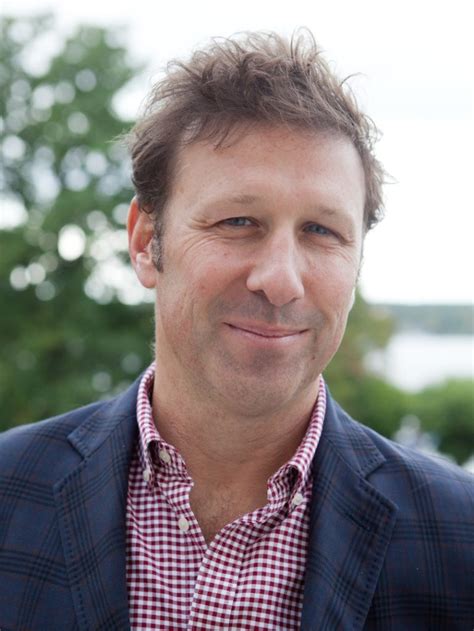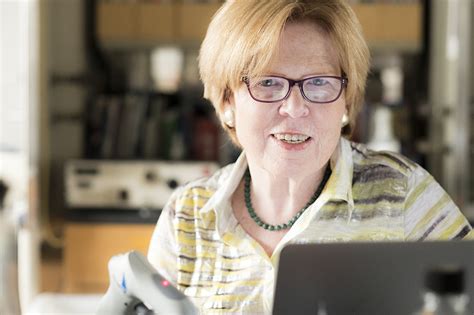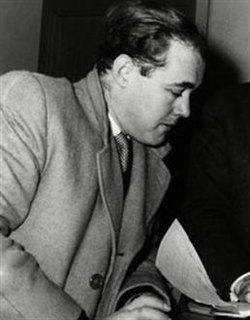A Quote by Marcus Vitruvius Pollio
Noting all these things with the great delight which learning gives, we cannot but be stirred by these discoveries when we reflect upon the influence of them one by one.
Related Quotes
There is first the problem of acquiring content, which is learning. There is another problem of acquiring learning skills, which is not merely learning, but learning to learn, not velocity, but acceleration. Learning to learn is one of the great inventions of living things. It is tremendously important. It makes evolution, biological as well as social, go faster. And it involves the development of the individual.
There's a great difference between knowing that a thing is so, and knowing how to use that knowledge for the good of mankind. Thetrouble with a scientist is we quickly tire of our discoveries. We hand them over to people who are not ready for them, while we go off again into the darkness of ignorance, searching for other discoveries, which will be mishandled in just the same way when the time comes.
A large part of our attitude toward things is conditioned by opinions and emotions which we unconsciously absorb as children from our environment. In other words, it is tradition—besides inherited aptitudes and qualities—which makes us what we are. We but rarely reflect how relatively small as compared with the powerful influence of tradition is the influence of our conscious thought upon our conduct and convictions.
When I consider the wonderful activity of the mind, so great a memory of what is past, and such a capacity of penetrating into the future: when I behold such a number of arts and sciences, and such a multitude of discoveries hence arising,--I believe and am firmly persuaded that a nature which contains so many things within itself cannot be mortal.
People who blame the Bible for the modern destruction of nature have failed to see its delight in the variety and individuality of creatures and its insistence upon their holiness. But that delight-in, say, the final chapters of Job or the 104th Psalm-is far more useful to the cause of conservation than the undifferentiating abstractions of science... Reverence gives standing to creatures, and to our perception of them, just as the law gives standing to a citizen.
I think being self-taught is the only way of really learning things, because you have to question everybody. You don't simply absorb axioms or so-called truths like they are rules. You have to test them, and you need to reflect on them, to consider the effect they create. So, you have very significant opinions about things, because they come out from your own reflections.



































